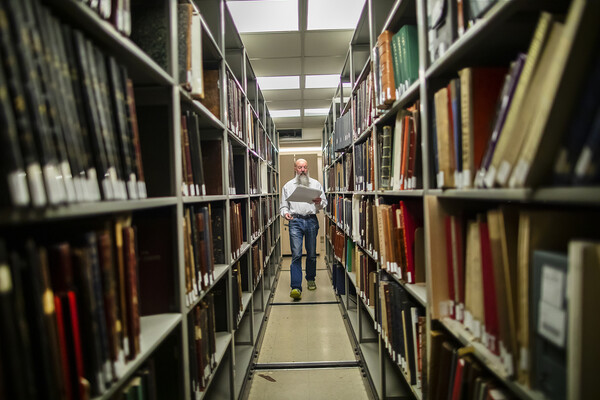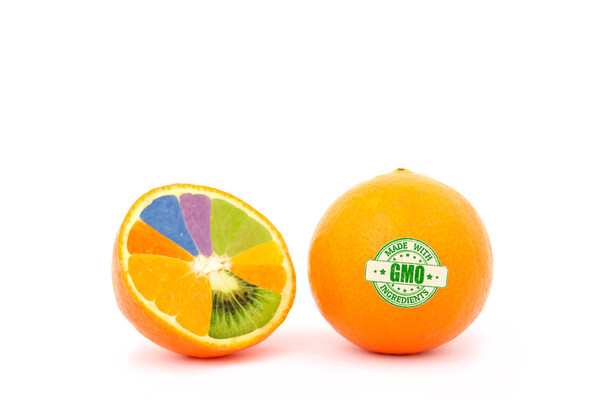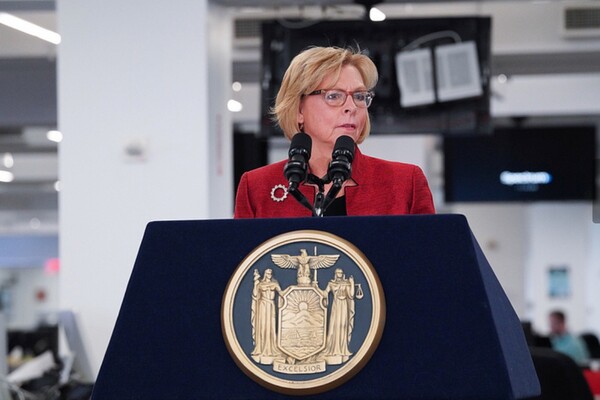
Marci Hamilton, the Robert A. Fox Leadership Program professor of practice, speaking on behalf of the Child Victims Act. (Photo: Courtesy of Marci Hamilton)

Marci Hamilton, the Robert A. Fox Leadership Program professor of practice, speaking on behalf of the Child Victims Act. (Photo: Courtesy of Marci Hamilton)

Naomi Shapiro, a senior in Penn Nursing, in front of a wall of pashkevilim. These posters often contain language that can seem harsh or extreme to someone not accustomed to their tone. But within the community, they are well-received and taken seriously.
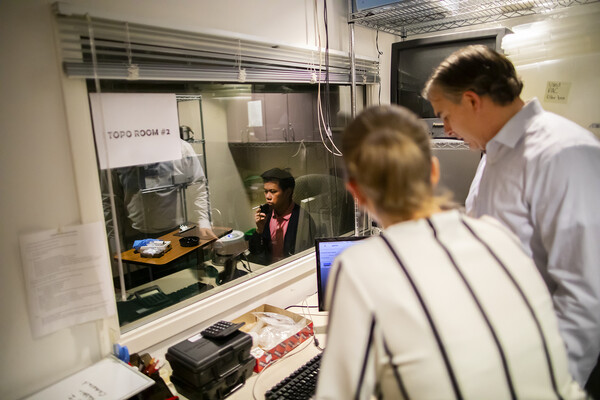
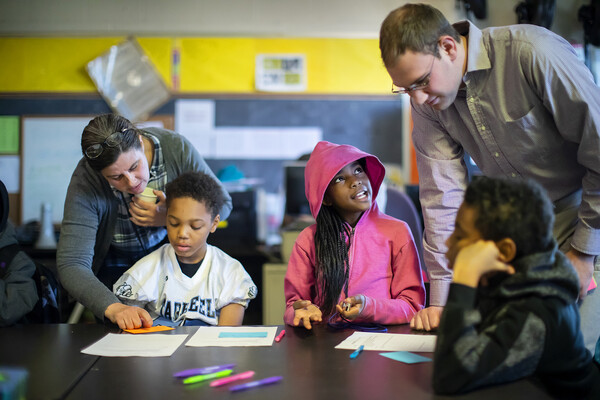


A recent Supreme Court decision now allows transportation workers to sue their employers in class-action lawsuits. This verdict could have implications for truckers, but could also affect Uber drivers and others in the gig economy.
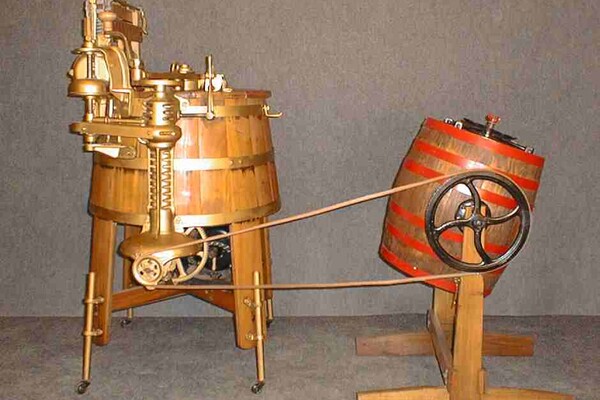
Before running water and electricity, a single load of laundry could take four hours to wash. But with the advent of mechanical appliances, like the washing machine above, that dropped to 41 minutes.

On a Nursing Study Abroad winter break trip, a group of students in the course Health and the Health Care System in Chile got to see health care disparities in the South American country firsthand. Senior Elisheva Blas (seated farthest to the right) discusses the experience visiting run-down facilities with long wait times used by people on public insurance, and five-star spaces and services for those on private insurance.
